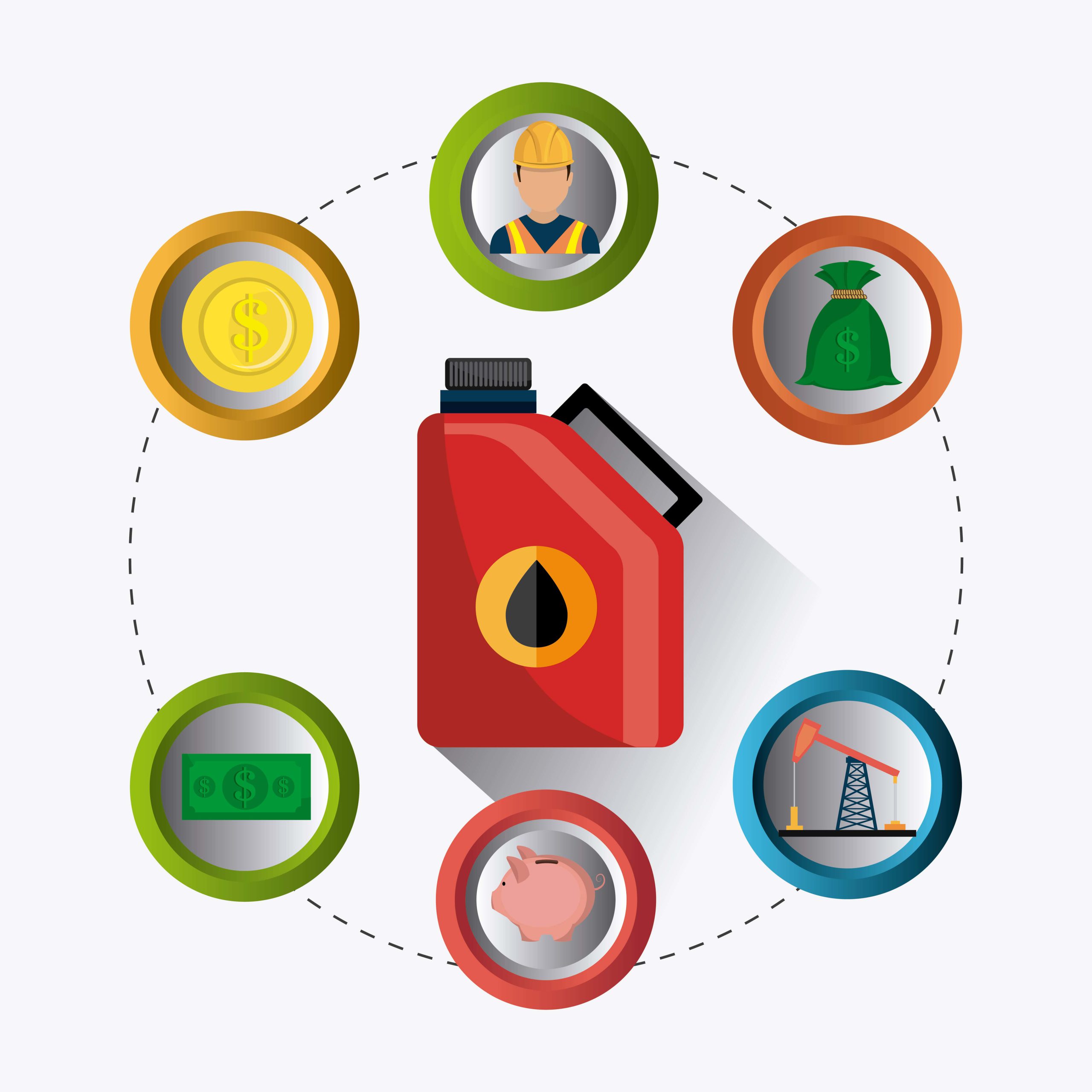Gas oil, also known as diesel fuel or diesel oil, is a widely used fuel that plays a crucial role in powering various industries around the world. Derived from crude oil through a refining process, gas oil has gained popularity due to its versatility, efficiency, and availability. In this article, we will explore the uses, benefits, and challenges associated with gas oil.
Uses of Gas Oil: Gas oil finds applications in numerous sectors, making it an indispensable fuel source for various purposes. Some of its primary uses include:
- Transportation: One of the most significant applications of gas oil is in the transportation industry. Diesel-powered vehicles such as trucks, buses, trains, ships, and even some cars rely on gas oil for their fuel needs. The high energy density of gas oil makes it an excellent choice for long-haul transportation, providing better mileage and efficiency compared to gasoline.
- Industrial Machinery: Gas oil fuels a wide range of industrial machinery and equipment. Generators, heavy machinery, construction equipment, agricultural machinery, and mining vehicles often rely on diesel engines. Gas oil’s robust combustion properties and high energy content make it suitable for heavy-duty applications where reliability and power are essential.
- Power Generation: Many power plants around the world utilize gas oil to generate electricity. Gas oil-fired generators offer flexibility, quick start-up times, and efficient operation, making them ideal for both base load and peaking power requirements. In remote areas or during emergencies, gas oil generators provide a reliable source of electricity.
- Heating and Cooling: In residential, commercial, and industrial settings, gas oil is frequently used for heating and cooling purposes. It powers boilers, furnaces, and heating systems to provide warmth during colder months. Gas oil can also be utilized in chillers and air conditioning units for cooling applications.
Benefits of Gas Oil: The popularity of gas oil stems from several advantages it offers over other fuel options:
- Energy Density: Gas oil has a high energy density, meaning it contains more energy per unit of volume compared to other fuels like gasoline. This characteristic makes it a preferred choice for applications that require longer periods of operation, such as long-distance transportation and continuous power generation.
- Efficiency: Diesel engines have higher thermal efficiency compared to gasoline engines. They extract more energy from each unit of fuel, resulting in better fuel economy and lower greenhouse gas emissions. Gas oil engines typically achieve higher miles per gallon (MPG) or kilometers per liter (KPL) ratings, contributing to reduced fuel consumption.
- Reliability: Gas oil is known for its stability and longer shelf life compared to gasoline. It is less volatile and has a lower risk of evaporation, making it a reliable fuel source that can be stored for more extended periods without degradation. This quality is particularly advantageous in situations where fuel availability may be limited or during emergencies.
Challenges and Environmental Impact: While gas oil offers numerous benefits, it is important to acknowledge the challenges and environmental considerations associated with its usage:
- Emissions: Diesel engines produce higher levels of nitrogen oxides (NOx) and particulate matter (PM) compared to gasoline engines. These emissions contribute to air pollution and have adverse health effects. However, advancements in diesel engine technology and the implementation of stricter emission standards have significantly reduced these environmental impacts.
- Carbon Footprint: Gas oil is a fossil fuel derived from crude oil, and its combustion releases carbon dioxide (CO2), a greenhouse gas that contributes to climate change. Transitioning to cleaner and more sustainable energy sources, such as renewable energy or alternative fuels, can help mitigate these carbon emissions.
- Environmental Regulations: To address the environmental impact of gas oil usage, governments and regulatory bodies have implemented stricter emission standards and regulations for diesel engines. These measures aim to reduce pollution levels and promote the development and adoption of cleaner technologies.
Conclusion: Gas oil, with its versatility and efficiency, continues to play a vital role in powering various industries globally. While it faces environmental challenges, ongoing efforts to improve diesel engine technology and the exploration of alternative fuels provide hope for a more sustainable future. As industries and society evolve, finding a balance between the benefits and environmental impact of gas oil will be crucial in shaping the energy landscape.




